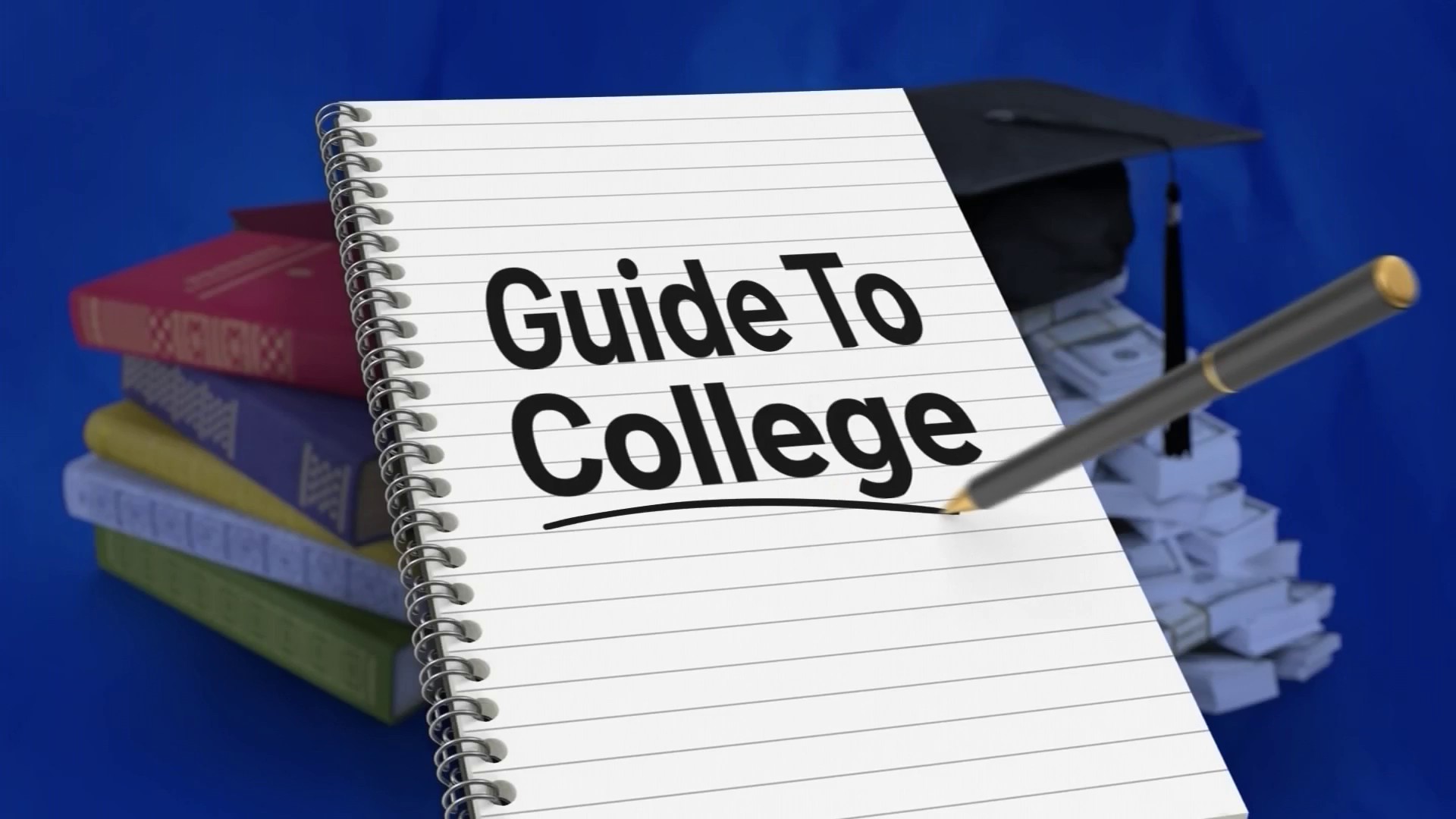State and education leaders gathered at Northern Essex Community College Tuesday to celebrate the passage of a law that makes undocumented high school graduates in Massachusetts eligible for in-state tuition and state financial aid.
“This is a big step forward for students who have been growing up here, learning here, working hard here, following their dreams right here in Massachusetts it’s nothing more than what is fair and what is right,” said Gov. Maura Healey. “They are going to be able to continue their journey on the same terms as their peers in a place that is their home.”
“They are doing all the work, they participate in all the same activities, but they cross that graduation stage, they get their diploma and then there is an inequity that occurs. They can’t go to the same schools, they don’t qualify for the same benefits, they have to pay out-of-state tuition,” said Lt. Governor Driscoll. “It’s heartbreaking to see all the work going into a whole generation of young people who are here putting in the time, having the same experiences but the minute they walk across that graduation stage all of a sudden they're treated differently.”
The new law will benefit students like Joan Shauri who has lived in Massachusetts since she was 10 years old. Originally from Tanzania, she said he realized she was undocumented when started applying for college.
Get Boston local news, weather forecasts, lifestyle and entertainment stories to your inbox. Sign up for NBC Boston’s newsletters.
“Because I had spent over half my life in the United States. This to me feels like home,” said Shauri. “The realization that I wasn’t qualified for the same things my peers were the realization that I can’t pursue the same opportunities for lack of better words it really was earth-shattering because I just felt so hopeless.”
She participated in several honors courses and extracurricular activities in high school with dreams of studying nursing and one day working for UNICEF. After she graduated, she went to work cleaning houses, taking one or two community college classes, paying three times what other local students were paying in tuition—a price she could not afford to continue paying.
“Having the state alleviate some of these financial obstacles that come with higher education would mean a chance to a multitude of opportunities. For others, like myself, it would mean finally applying to nursing school. Suddenly the dream that seemed so impossible seems a little more possible,” Shauri said, sharing her story with the room of legislators, educators and other supporters of the law at Northern Essex.
Undocumented students have been advocating for this law for more than 20 years. Patricia DeOliveira was among the students working on this legislation in the 2000s.
“I graduated high school in 2003. I was undocumented and I didn’t realize that I was going to face all of these barriers to go to college so with my guidance counselors I was applying to college after college and then it hit me. How am I going to pay for this? I didn’t qualify for any aid,” said DeOliveira who moved to Massachusetts from Brazil when she was 6 years old.
“I ended up taking one class at a time. It took me four years to finish community college,” said DeOliveira. “All my peers are moving forward in their careers, moving forward in their lives and I’m sitting there with my one class, and I’m so happy they don’t have to go through that difficulty and that struggle anymore.”
For Filipe Zamborlini, obtaining a bachelor’s degree took 11 years. He also learned he was undocumented during the college application process in 2007. He said he dropped out of UMass Boston after two semesters of school because of the burdensome cost of tuition. He completed his bachelor’s degree in 2018 with the Harvard Extension School which extended free tuition to him.
“Not having in-state tuition was an unbelievable barrier. It was a mental health challenge to think why do I not get this? Why is it that someone who is exactly like me, except for a social security number gets to go to school and I don’t get to even have that option?” said Zamborlini. “This is life-changing. The fact that Governor Healey and the Senate and the House were able to put this together in the budget to move it forward and allow folks that experience the same thing we did can now look at themselves and say I’m worth it. I can get it done. I can be a nurse. I can be a teacher. I can be a lawyer. I could potentially consider going to graduate school. It’s so exciting to think that that opportunity is no longer a cost, it’s an investment now. That folks can look at this and see I can get there.”
Massachusetts joins 23 other states and the District of Columbia in allowing undocumented students to access in-state tuition at all public higher education institutions. Of those states, Massachusetts joins 17 and the District of Columbia in also offering access to state financial aid for these students, according to a press release from Senate President Karen Spilka.




